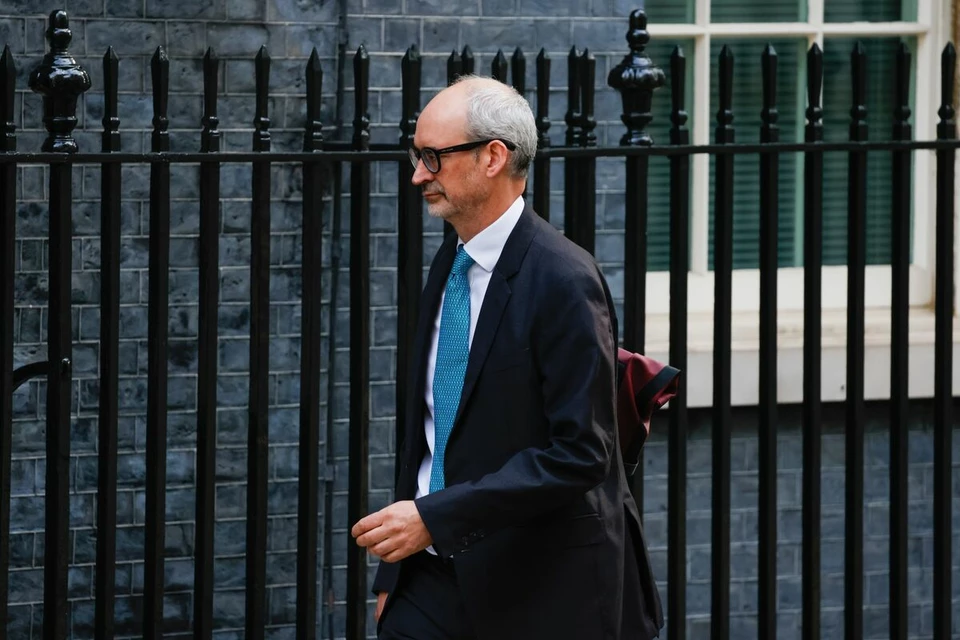
A senior official from the UK's Treasury has categorically refuted allegations suggesting that the department acted unlawfully in its fiscal policies and operations. This assertion comes during an increasingly intense examination of government financial management as the UK navigates through economic challenges.
During a recent parliamentary session, the permanent secretary to the Treasury, Jon Thompson, faced rigorous questioning from MPs regarding accusations that the department violated legal parameters in its handling of public funds. Thompson effectively defended the Treasury's actions, stating that the department has adhered to all statutory obligations while making complex financial decisions aimed at stabilizing the UK economy.
The controversies surrounding these claims emerge against the backdrop of rising financial pressures and budgetary constraints, prompting various stakeholders, including opposition members, to scrutinize government financial practices closely. Lawmakers have expressed concerns over transparency and accountability in how fiscal policies are implemented, especially in light of recent economic downturns triggered by external global factors and domestic challenges.
In his testimony, Thompson emphasized that scrutiny of government spending decisions is a natural part of the democratic process. He reiterated: "We have operated within the framework of the law and in accordance with our responsibilities. Any assertion to the contrary is unfounded." This statement was aimed at alleviating user concerns about potential mismanagement or negligence on the part of the Treasury.
The controversy gained momentum after the National Audit Office (NAO) released a report indicating possible discrepancies in how certain funds were allocated and managed. Critics argued that this could point to broader systemic issues within the Treasury, raising alarms about the potential for legal infractions. However, Thompson urged that the NAO’s observations should be viewed as part of a constructive approach to public finance rather than as grounds for alarmist conclusions.
Despite his reassurances, opposition figures seized the opportunity to challenge the government further, calling for an independent inquiry into the Treasury's operations. They maintain that the allegations of misconduct should be taken seriously, suggesting that taxpayers deserve clarity and reassurance regarding the governance of their money. The political climate remains tense as discussions surrounding fiscal integrity continue to dominate the discourse in Westminster.
As the Treasury braces for further questions and investigations, the legitimacy of its financial strategies is expected to remain a point of contention. With public sentiment increasingly wary over financial management practices, the government's ability to reassure citizens of its commitment to lawful governance will be put to the test in the coming weeks.
In conclusion, while Treasury officials assert compliance with legal standards, the persistent allegations of misconduct reflect broader uncertainties surrounding the UK's economic governance. It is clear that thorough oversight will be essential as the Treasury navigates these turbulent waters ahead.
#UKTreasury #LegalBreach #JonThompson #GovernmentSpending #NationalAuditOffice #ParliamentaryScrutiny
Author: Rachel Greene
